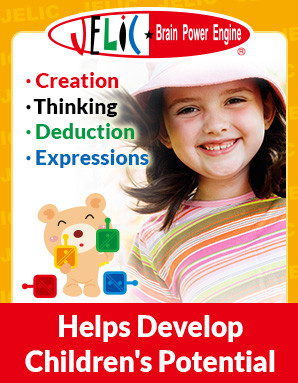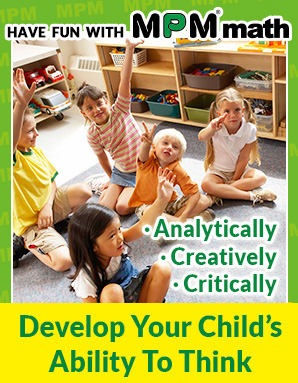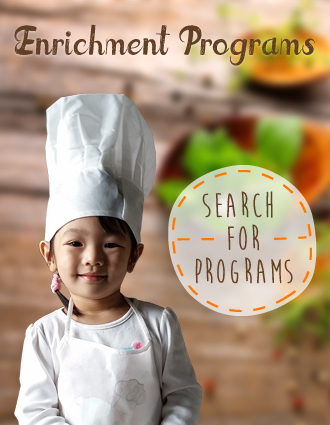Cultivating Emotional Intelligence in Children

Children who are raised with emotional intelligence have life-changing experiences and acquire priceless abilities that will help them deal with the challenges of everyday life.
Five critical guidelines on cultivating emotional intelligence in children
A child's overall well-being and success in life can be greatly impacted by emotional intelligence, which is an essential skill in the fast-paced and connected world we live in. Parents and educators have a major duty to help children develop their emotional intelligence. The significance of assisting kids in recognizing and controlling their emotions, as well as fostering empathy and understanding, will be discussed in this article. Five critical guidelines will also be provided to assist caretakers on this crucial path.
1. Helping Children Identify and Express Emotions
Helping kids recognize and communicate their feelings is the first step toward developing emotional intelligence. Provide a safe environment where kids can express a wide range of emotions and promote open discussion about feelings. Encourage self-awareness and an emotional vocabulary by using language that is appropriate for their age and teaching them to identify the emotions they are experiencing.
2. Teaching Emotional Regulation

The next essential stage is to educate kids how to control their emotions once they can recognize them. Give them tools for coping with stress, including counting to ten, deep breathing techniques, or taking a break. Children who acquire emotional self-control become more resilient and have improved coping mechanisms for difficult situations.
3. Building Empathy through Perspective-Taking

The foundation of emotional intelligence is empathy. By encouraging perspective-taking, you can help youngsters learn to comprehend and empathise with the feelings of others. Talk about many points of view and feelings with them to help them grow in empathy and compassion for their friends, family, and the larger community.
4. Encouraging Social Skills and Healthy Relationships:

Emotional intelligence requires social abilities. Encourage kids to learn how to resolve conflicts, communicate effectively, and listen intently. Promote cooperative behaviour, good peer relationships, and teamwork. Children who build healthy relationships not only develop their emotional intelligence but also build a community that is supportive of one another.
5. Modelling Emotional Intelligence

Since kids pick up on behaviour from their caregivers, it is imperative that adults set a good example for emotional intelligence. In your interactions, exhibit empathy, emotional moderation, and healthy expression. Show that it is OK and healthy to feel a variety of emotions by recognizing and validating your own sentiments. Through this modelling, children are given a positive environment in which to learn and integrate emotional intelligence.
Children who are raised with emotional intelligence have life-changing experiences and acquire priceless abilities that will help them deal with the challenges of everyday life. Caretakers play a critical role in developing emotionally intelligent people who can succeed in both the personal and social spheres by assisting children in recognizing and managing their emotions, fostering empathy and understanding, and incorporating these five essential elements into everyday interactions. By doing this, we help create a future in which empathy, fortitude, and comprehension are central to the human experience as a whole.
















